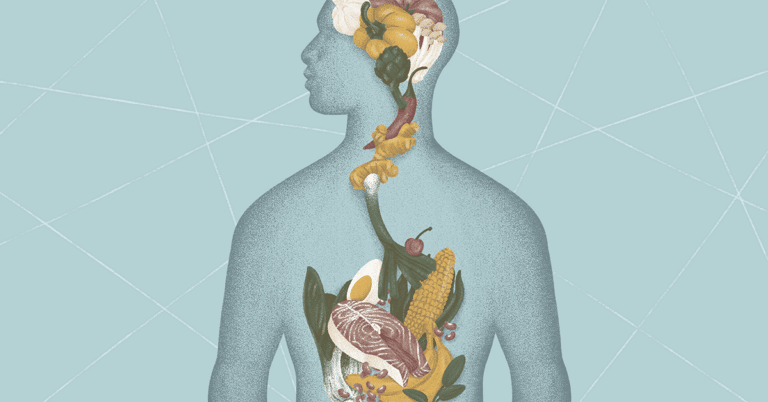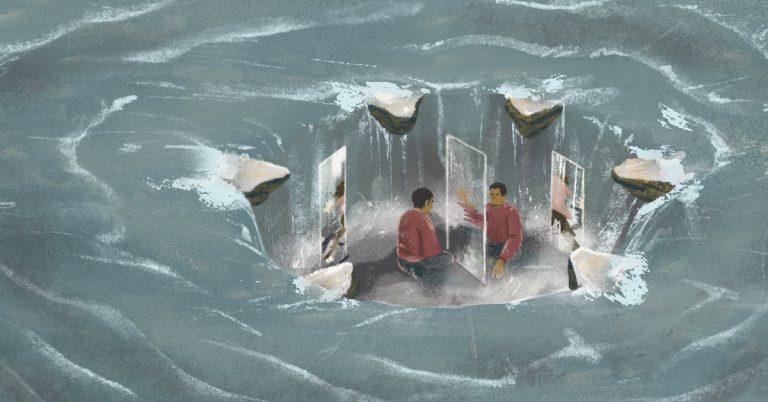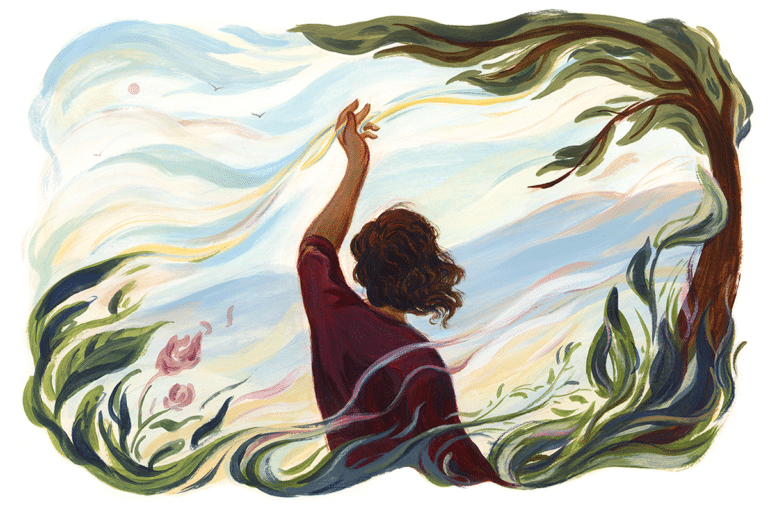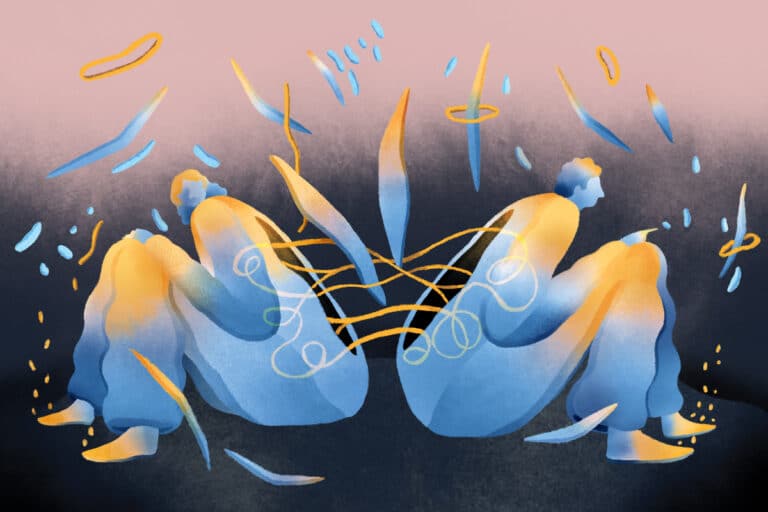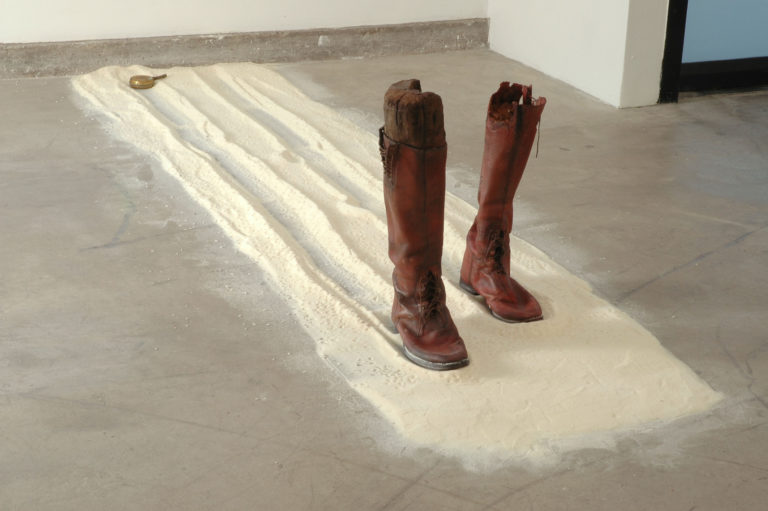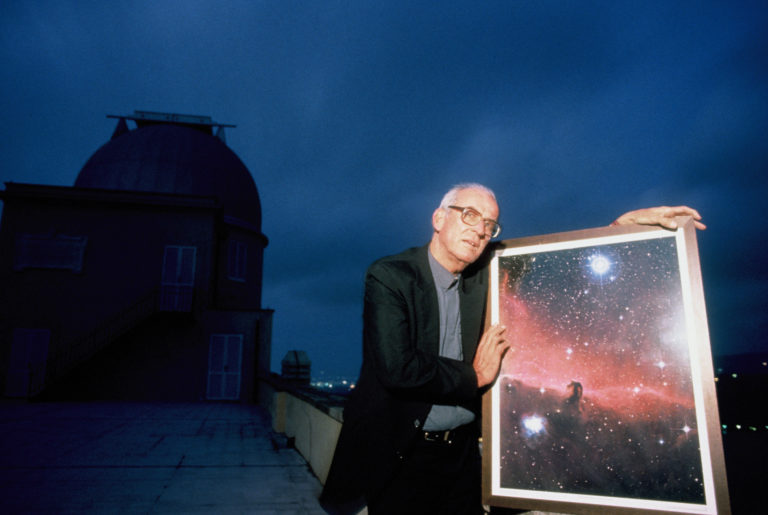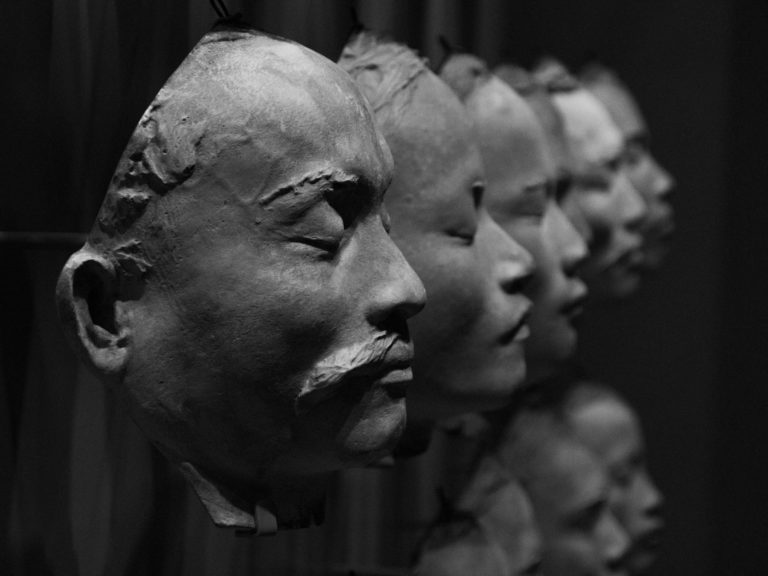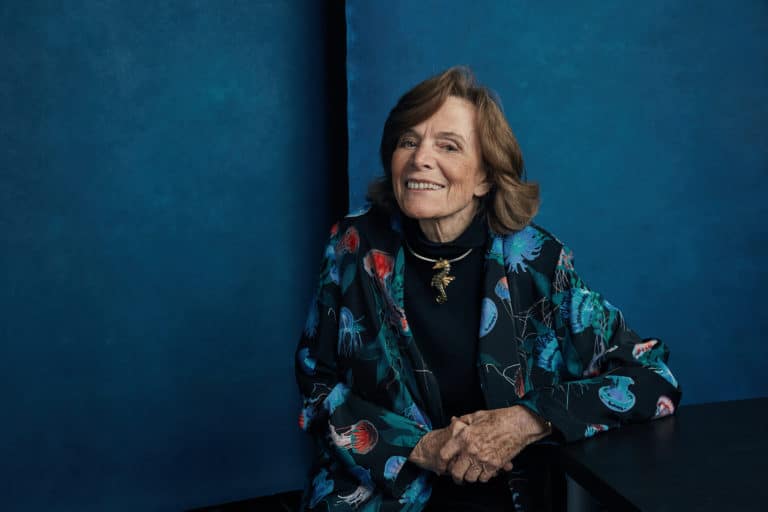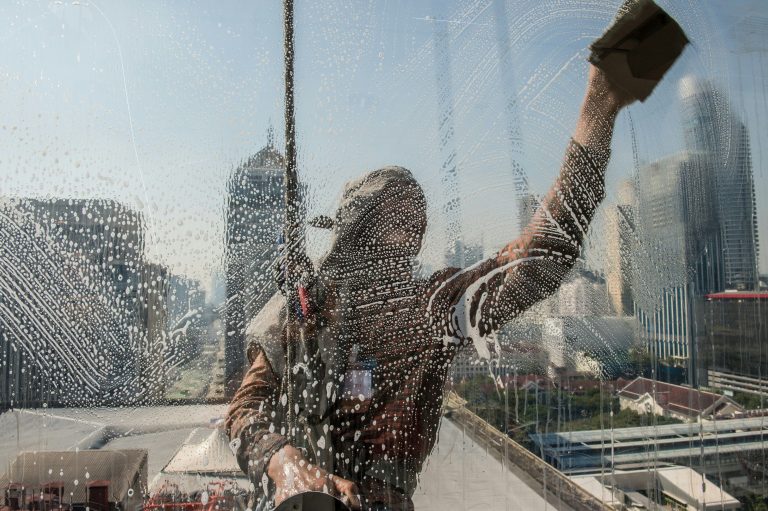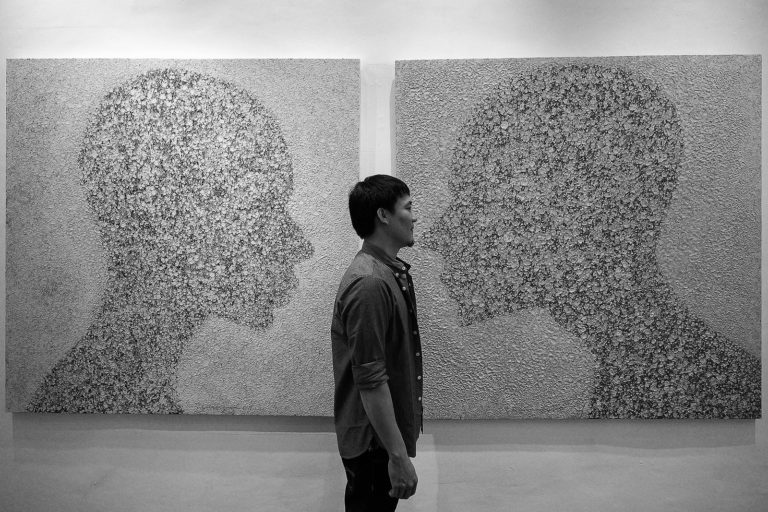One of the most fascinating developments of our time is that human qualities we have understood in terms of virtue — experiences we’ve called spiritual — are now being taken seriously by science as intelligence — as elements of human wholeness. Dacher Keltner and his Greater Good Science Center at Berkeley have been pivotal in this emergence. From the earliest years of his career, he investigated how emotions are coded in the muscles of our faces, and how they serve as “moral sensory systems.” He was called on as Emojis evolved; he consulted on Pete Docter’s groundbreaking movie Inside Out.
All of this, as Dacher sees it now, led him deeper and deeper into investigating the primary experience of awe in human life — moments when we have a sense of wonder, an experience of mystery, that transcends our understanding. These, it turns out, are as common in human life globally as they are measurably health-giving and immunity-boosting. They bring us together with others, again and again. They bring our nervous system and heartbeat and breath into sync — and even into sync with other bodies around us.
